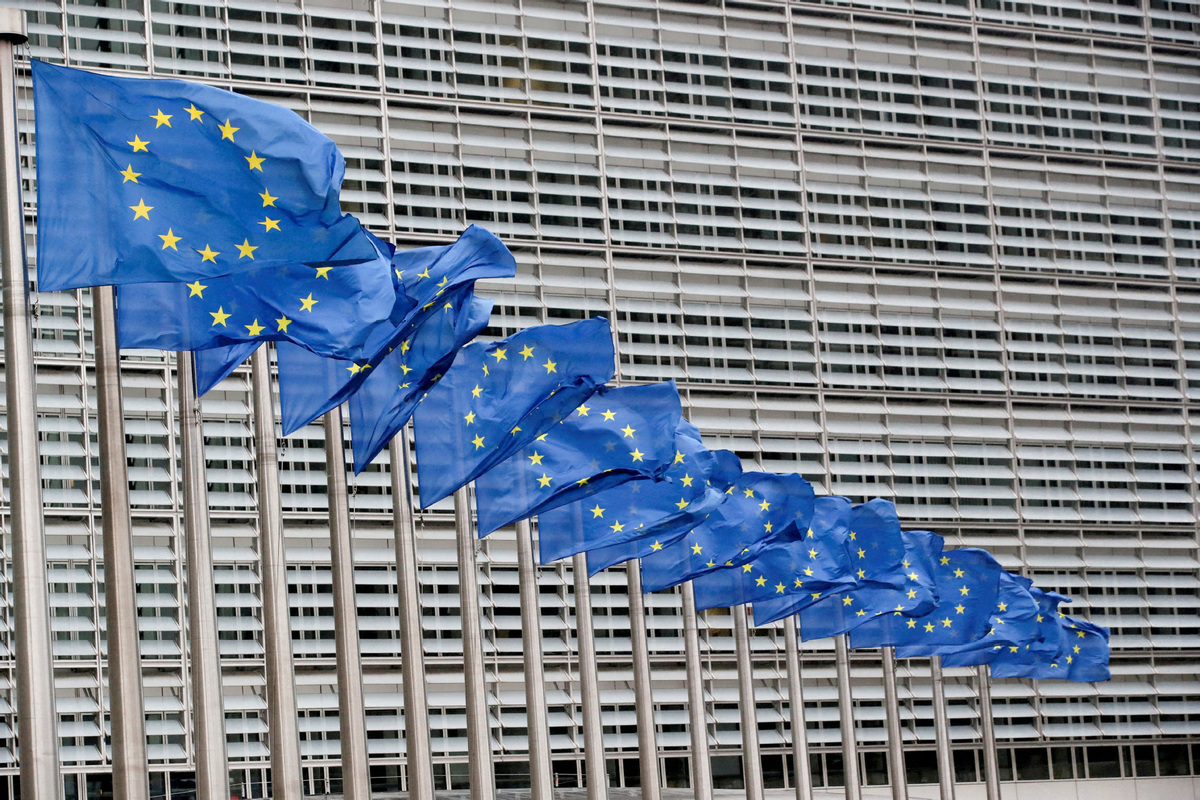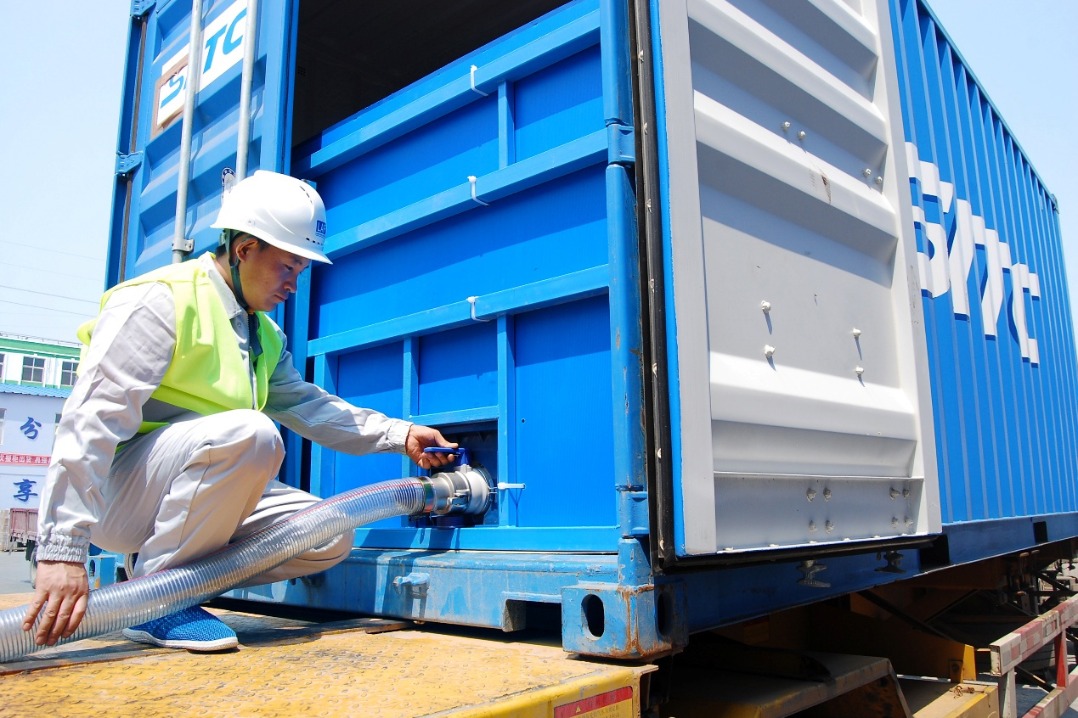The 'Art of the Deal' does not align with China-EU ties


The European Union (EU) is tightening trade restrictions against China, deciding to bar Chinese companies from participating in public procurement of medical devices worth more than five million euros over the next five years. This marks the bloc's first-ever use of its International Procurement Instrument.
The decision stems from the EU's claim that while Chinese companies have access to the EU's government procurement market, European companies have not received "reciprocal" access in China.
In response, the Chinese government has criticized the EU for adopting discriminatory measures, applying unilateral tools to undermine fair competition and create new trade barriers, actions that directly contradict the bloc's commitment to being the world's most open market.
Legally, the EU's decision lacks merit. China has committed to joining the WTO Government Procurement Agreement and is actively working toward this goal, demonstrating its commitment to fair competition and the WTO system.
However, GPA accession requires multilateral negotiations that cannot be completed overnight. In this context, China has no obligation to grant EU firms "reciprocal" access to its government procurement market.
Claims that European companies face discrimination in China are also unfounded. European medical device companies, such as Philips and Siemens, have long benefited from the openness of the Chinese market and maintained dominant positions for more than 30 years.
On the EU's "de-risking" policy, Chinese Premier Li Qiang noted, "The Chinese feel completely safe with Siemens equipment for CT and MRI scans," which reflects dominant position of European brands' in China. The EU's decision undermines the trust and cooperation that China and Europe have developed in this field over the years.
This move is part of a larger trend of EU trade measures targeting China. According to the EU Business Environment Report 2024, released by the China Council for the Promotion of International Trade last April, China has become the primary target of the EU's trade measures. By the end of 2023, 105 out of the EU's 156 anti-dumping measures (67.3 percent) and 12 out of the 25 anti-subsidy measures (48 percent) were directed at Chinese products.
The report also shows that more than half of the Chinese companies surveyed identified prominent issues with the EU's trade practices, such as the abuse of the concept of security and high trade and investment barriers.
For example, the EU has proposed, under its International Digital Strategy, to extend the existing ban on Huawei equipment in 4G/5G networks to submarine cables. However, the bloc has yet to provide evidence of any alleged "security risks" posed by Huawei.
The EU appears to be pressuring China for more gains amid trade tensions between China and the United States. However, the "Art of the Deal" approach has already proven counterproductive with China. It would be a mistake for the EU to believe that raising unilateral demands would work.
As China's second-largest trading partner, the EU should uphold its commitment to open markets and WTO rules, ensuring a fair, transparent and nondiscriminatory environment for Chinese companies. It is in the best interest of both sides to address differences through dialogue and prosper together.
The author of the article is Ou Shi, an international affairs observer.
The views don't necessarily reflect those of China Daily.
If you have a specific expertise, or would like to share your thought about our stories, then send us your writings at opinion@chinadaily.com.cn, and comment@chinadaily.com.cn.
































